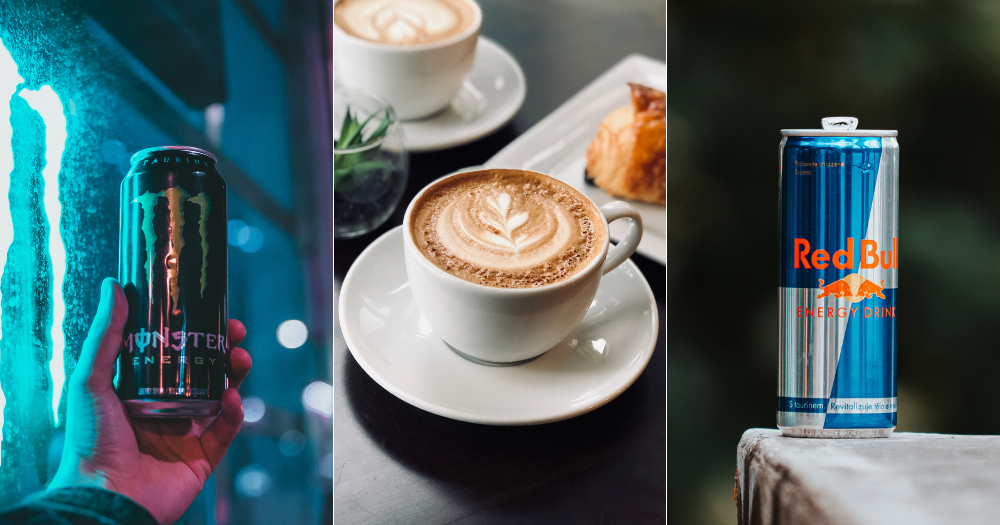A Member of Parliament (MP) filed a parliamentary question on whether the Ministry of Health (MOH) would consider introducing measures to restrict the sales of energy drinks with high caffeine content to young persons.
Nominated MP See Jinli Jean said she asked the question due to the health risks of high caffeine consumption on young people.
She said beverages like energy drinks may have 200 mg of caffeine per can compared to a cup of coffee, which has around 80 mg to 100 mg of caffeine.
In a written parliamentary response, Minister for Health Ong Ye Kung said Singapore's food regulations do not impose maximum limits on caffeine added to beverages.
He explained that the lack of international standards for caffeine "likely reflects the inconclusive evidence for a common maximum threshold based on the negative effects of caffeine".
No recognised health guidance value
Ong said there is currently no internationally recognised health-based guidance value for caffeine, such as an "Acceptable Daily Intake".
He said there are also no international standards by the United Nations or World Health Organization on the amount of caffeine allowed to be added to food.
Ong explained that the effects of caffeine, both good and bad, differ across individuals, and it depends on one's sex, age, weight and "differences in susceptibility".
Ong said that "caffeine should be consumed in moderation" and advised people to moderate their intake if they experience side effects.
He said there is information on the Health Hub website about caffeine effects and that MOH will continue to monitor international developments.
Recommended caffeine intake
According to the Health Hub website, the recommended amount of coffee and tea for most healthy adults is around four and five cups, respectively.
This is about 400mg of caffeine.
The website also stated that adolescents can consume around 100mg of caffeine daily, which is about one cup of coffee or tea, and children should keep their caffeine intake to a minimum.
The effects of caffeine vary from person to person. Some side effects one may experience include insomnia, anxiety, irritability, stomach discomfort and muscle tremors. One should consider cutting down on caffeine if they experience side effects.
Energy drinks like Monster Energy contain up to 160mg of caffeine in a 500ml can, while 250ml of Red Bull contains 80mg.
Top photos via Canva
If you like what you read, follow us on Facebook, Instagram, Twitter and Telegram to get the latest updates.



